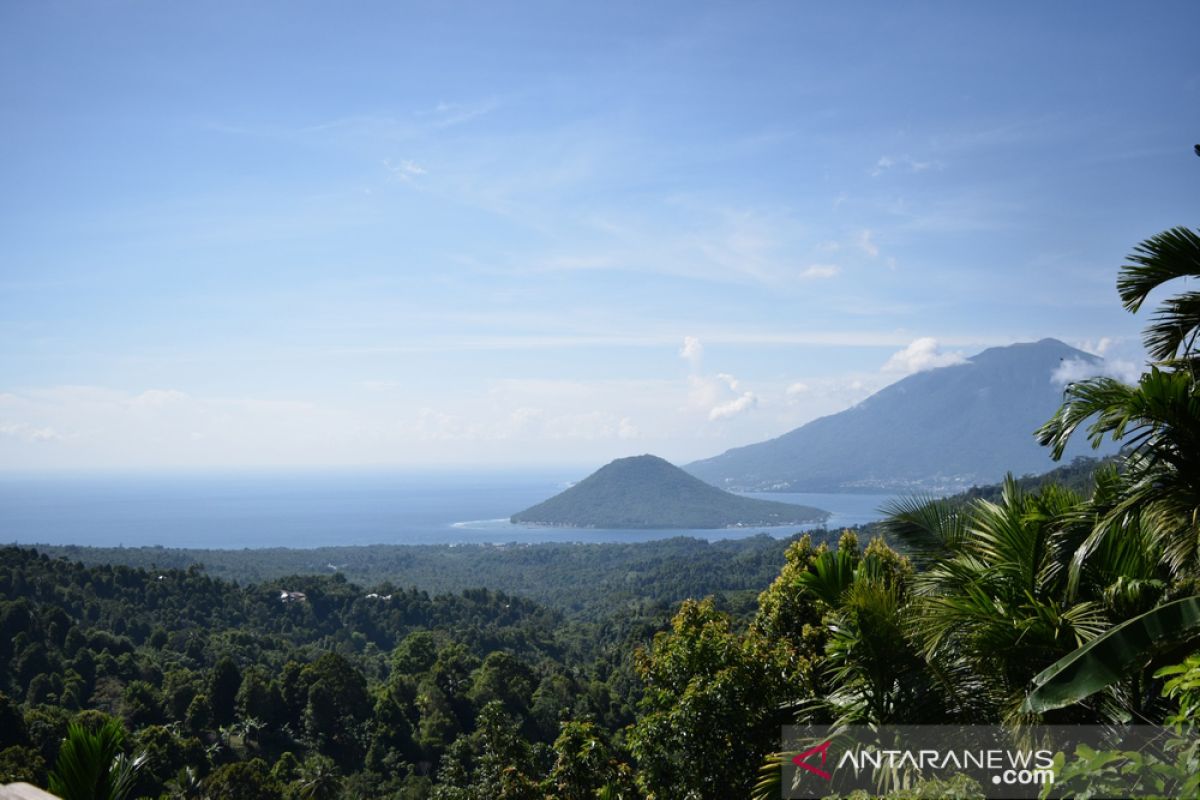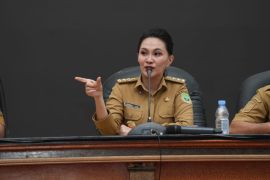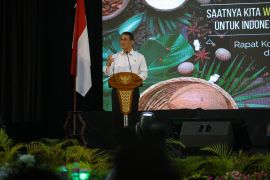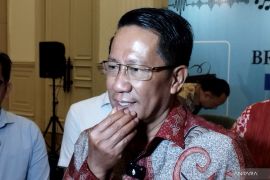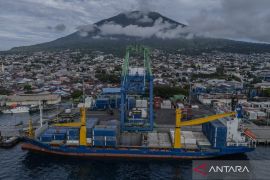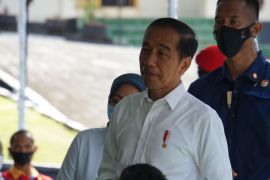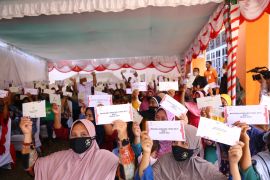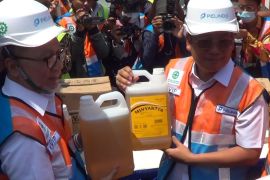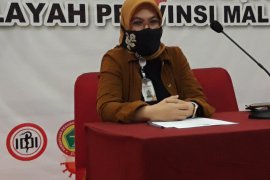During his four-year expedition in North Maluku, that began in 1858, Wallace also crossed paths with a Semioptra walacii, or the Angel Bird, that is again endemic to North Maluku.
It seems, however, that the habitats of the birdwings and the Halmahera angel birds in the Halmahera Islands are no longer the same as when the British naturalist first explored the land of Moloku Kie Raha. With the passage of time, an increase in human needs has led to the expansion of forest clearing for agriculture, plantations, and mining.
At least that much was clear during ANTARA’s trip to several villages off the coast of Southern Halmahera, with the Maluku EcoNusa Expedition Team.
Issues surrounding forest land conversion became apparent when the team reached the village of Inner Gane, the capital of Southern West Gane sub-district. The mangrove-surrounded village has become a silent witness to the shifts that have come with large-scale forest conversion.
The forest of Inner Gane used to be home to several varieties of trees, but the towering trees are now nowhere to be seen. Rows of palm trees have been planted in their place instead.
The arrival of palm oil investment has had some environmental impact around the area, according to one of the residents of Inner Gane village, Muhammad Konoras, who works as a farmer and sells copra for a living.
During an interview in October, 2020, the 50-year-old man had told ANTARA that after the palm trees were first introduced in the area around seven years ago, pests began to attack the residents' coconut trees. The farmers saw harvest-less years since 2013, and were only able to reap a harvest last year, he said.
Changes have also occurred with the disappearance of the fish that were usually found around the mangroves near the village on account of the land-clearing.
Konoras said he suspected that this was due to the pesticides and mud from the plantations reaching the shoreline, carried over when rain fell.
Inner Gane’s story has served as a lesson for the area near Outer Gane village, which has been refusing setting up of palm oil plantations.
And Inner Gane is not the only example they point to. In Samo village, located in the Northern West Gane sub-district, investment from plantation companies has changed the face of the forest. A company owning forest concession rights (HPH) first came to the coastal village in 1987 to cut timber in the forested area behind the village.
Rusli Hiaba recalled the first time such rights were applied in his village. It was as if the arrival of the palm oil plantations changed the mindset of the people, leading to them, Hiaba included, abandoning farming as a livelihood to work for the plantation company instead.
“(It was) As if the people had forgotten (about farming) because there was a shift in the mindset. The company promised something new to them, but as long as the company was here, there were no changes to the living standards of our people,” he said, commenting on the unchanged circumstances of the people in the village even after the company left Samo in 1999.
Preservation Efforts
The existence of palm oil plantations in Inner Gane and the forest concession rights in Samo, as well as a number of other areas in North Maluku, have encouraged the rise of awareness among the people, especially on the importance of preserving nature.
The youth of Inner Gane have begun to plant mangroves in their village to create and nurture an ecosystem of mangroves that can sustain their village. Routine planting is being organized in the area by the North Maluku chapter of Indonesian Forum for the Environment (Walhi), a non-governmental organization.
The youth are also seeking to process the produce from their farms into ready-to-use products to generate more revenue without having to sell their ancestoral land to corporations.
The people of Inner Gane are also striving to reduce their reliance on copra by making products from processed coconuts or other produce that can fetch higher prices, for instance, virgin coconut oil (VCO) and banana chips.
Similar activities are being carried out in Samo and other coastal villages nearby such as Gumira and Posi-Posi, where the people have begun to learn to replant rice paddy and farms to meet their daily food needs.
The PakaTiva Collective, a local non-profit organization in North Maluku, with support from the EcoNusa Foundation, is trying to revive the good practices of local communities, coexisting with nature, by providing assistance to the villages.
PakaTiva provides assistance to the community through Forest Community Work, which first started in Samo village in 2019, and has continued in Gumira, Posi-posi and Pasir Putih on Kayoa Island. The program started when the price of copra fell to Rp three thousand, or around US$0.2 per kilogram, impacting people’s lives.
Director of the foundation, Faisal Ratuela, said the program aims to build food security based on local wisdom, in the context of saving forests.
"The pattern of sustainable land use and forests that have disappeared is gradually being revived. One of the ways is by breaking the chain of people's dependence on rice by replanting rice on their own land," he said.
The community is also being encouraged to redevelop the capacity of local organic farming, in accordance with the conditions of their village. By replanting their own rice, tubers, vegetables, and fruits, they can meet their daily food needs, Ratuela said.
The results have begun to show. The residents of Samo village have succeeded in harvesting 2.5 tons of rice that they planted themselves. The proceeds from the sales of cloves, walnuts, copra, and coconut can be used for other needs, such as financing their children's education, he pointed out.
“It is hoped that the community will be aware of the importance of nature and will be more active in preserving their forests," he added.
As a matter of fact, preserving the forests can only bring more life to humankind, with the assured supply of clean water, food resources, and oxygen, he said.
Related news: Spicy food lovers, try spiciest bird's eye Hiyung chili
Related news: Conservation efforts put Curiak Island on the map --- literally
Related news: Preserving the sustainability of Papuan staple sago
Editor: Gusti Nur Cahya Aryani
Copyright © ANTARA 2021
